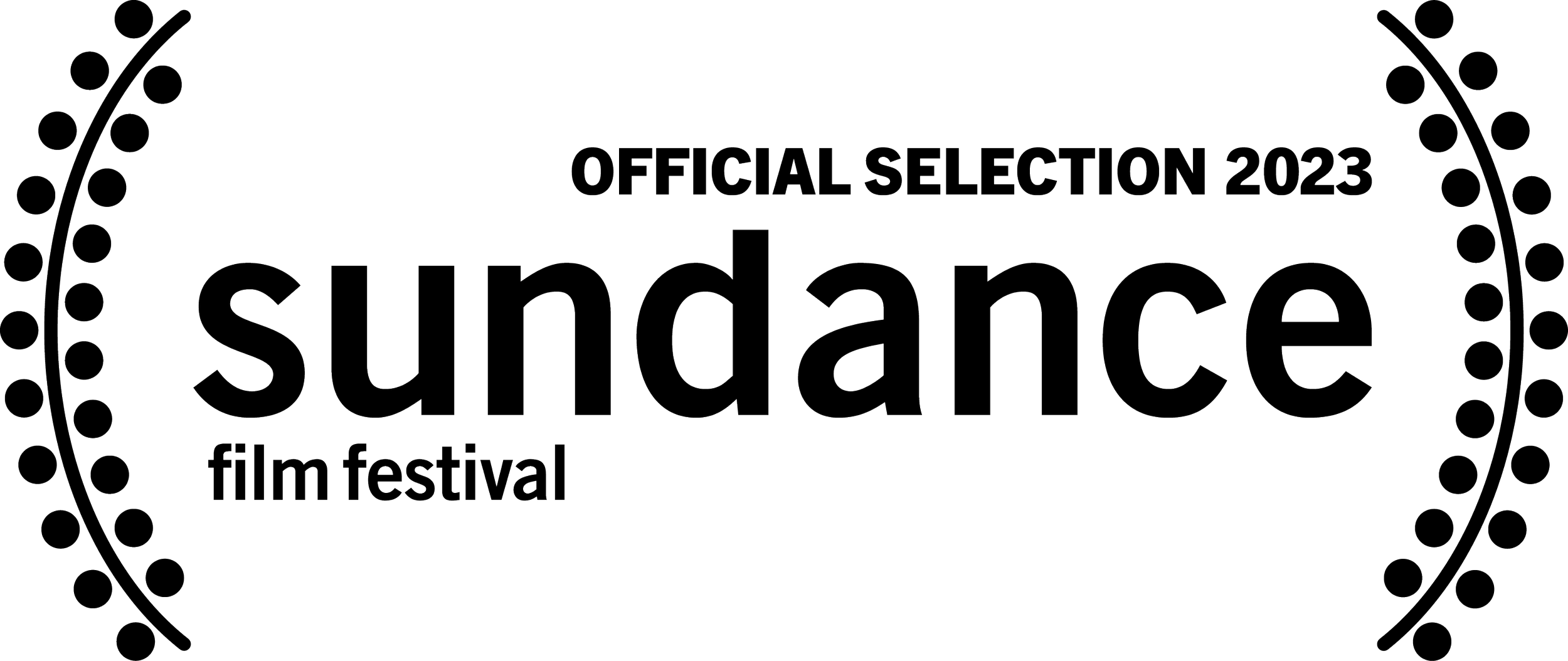LOGLINE
The
world’s most talented young pianists compete in the International Chopin Piano
Competition,
held every five years in Warsaw, Poland. A rare behind the scenes look at the triumphant
highs and crushing lows of competition, Pianoforte is both a testament to the remarkable
power of music and an intimate coming-of-age portrait.
SYNOPSIS
During
the preliminary round, there are 160 of them. Then, about 90. Then 45. At last,
only 12 lucky ones make it to the final. These are the contestants in the
legendary International Chopin Piano Competition, held every five years in
Warsaw, Poland. PIANOFORTE follows an eclectic group of young musicians from
around the world who have prepared since they were children for this
once-in-a-lifetime opportunity.
Offering
a rare behind the scenes look backstage at the triumphant highs and crushing
lows of competition, filmmaker Jakub Piatek (PRIME TIME, 2021 Sundance Film
Festival) captures the intense pressure these musicians face in an experience
that combines tears of exhaustion and despair with the ecstatic joy of playing.
PIANOFORTE is both a testament to the power of remarkable music and an intimate
coming-of-age portrait of young pianists navigating the rigors of competition,
intense practice sessions, new friendships, lots of drama, and even more nerves.
DIRECTOR’S
STATEMENT
by Jakub
Piątek
My
family has no musical roots and I didn't attend music school. At primary
school, I was asked to join the school choir on account of my height. When my
teacher heard me sing at rehearsal, she told me to learn the lyrics but only
lip-synch to songs, without uttering a single sound. I developed an interest in
classical music much later, only a few years ago. It is this fascination with a
rather inaccessible world that I wanted to retain in my film: to tell the story
of a few young people from the perspective of an amateur who experiences music
through emotions.
The
Chopin Piano Competition. The unique “piano Olympics” held every five years
attracts incredible media attention, hitting several million streams of the
concerts performed during the Competition. The event itself has an organic
narrative arc. Almost 160 people selected, out of 500 candidates, enter the
race. A few days later, twelve pianists make it to the final. There's only one
winner. Sounds a bit like real life. Yet here, the actual award immediately
guarantees their place in the pantheon of great pianists.
Record deals, the
best concert halls and orchestras. Still, these young artists prepare for the
Competition at great sacrifice. According to research, when a pianist plays a
concert to an audience, their brain looks like a supernova. This act is one of
the highest brain activations: both hands, the sense of hearing, emotions,
feet, memory, everything at top performance level. Our protagonists are young, ultra-talented
pianists who started preparing for the Competition at the age of four to six, following
different paths to get to the National Philharmonic in Warsaw. Hao took a
30-hour round trip to attend lessons with his piano teacher. It was only last
year, at the age of 18, that he saw the ocean for the first time.
At some
point, Alex, one of our protagonists, says, “People perceive us as magical
creatures who move from town to town, from continent to continent, and live on
sound.”As I got to know that community, I became naturally interested not in
what happened on stage, but rather what had brought them there. What sacrifice?
How much work? At what cost? I also wanted to find out what happened later,
several minutes after a concert, when they got offstage. First of all, however,
I wanted to see them as young people with their dilemmas and emotions. On the
brink of adulthood.
The process began with about fifty in-depth online conversations with
the qualified pianists. Then I accompanied the selected pianists during the
Preliminary Round for the Competition, a few months before the event. At that
time, I chose our characters. I wasn't guided by the piano rankings, but by my
documentary interest and intuition. In a way, making the film was a bet with the
Competition itself. The night when Stage One results were announced may have
seen our selected characters go home. Statistically, we should have had 1.5
characters in the final, and yet we had so many more. I had a similar deal with
our characters. We were in it together, no matter where they'd end up: the
final or the plane home. That sort of trust between crew and subjects laid the
foundation for this film. This is why I focus on the backstage and the private
sphere, unavailable to the Philharmonic audience. This approach is similar to
the one used in the 1960 classic short documentary The Musicians by Kazimierz
Karabasz, the crucial part being a rehearsal of a brass band made up of tram
drivers, not the concert itself. It is during rehearsal that we are human;
while on stage, we become magical, mythical creatures
Jakub Piątek - Director













